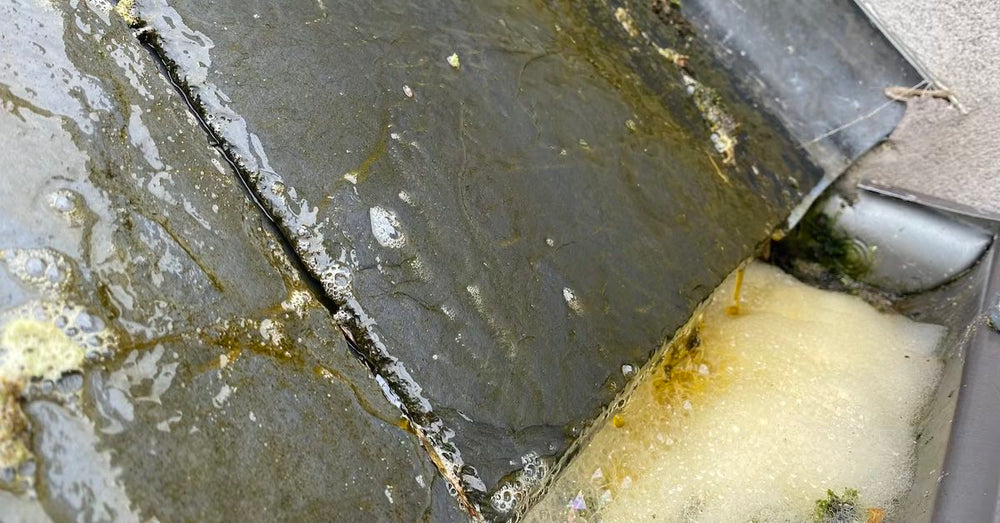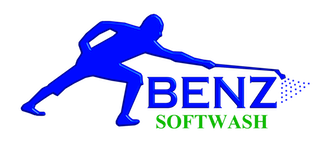
Some of our customers asked: “My customer has a rainwater harvesting system with water butts and storage tanks connected to the gutters. He uses the rainwater harvesting system to store water for his flowers and other plants. Whilst the water butts will be disconnected during cleaning, and the gutters will be cleared on completion, I am wondering how long they should remain disconnected to minimise any risk of contamination?"
We replied:
We'll do our best to explain from first principles, based on our experience and research.
The first thing to say is that we have been using Benz Bio Cleanze to treat roofs for many years, as have hundreds of our softwash contractor customers.
And we have never observed, nor received any reports of, harm of any kind coming to plant life through run-off from treated roofs going into garden water butts, other rainwater harvesting systems, and rainwater storage tanks.
We understand your customer's concern, as we also love our flowers and other plants. And so when Ben started Benz Softwash he conducted extensive tests on his own garden to determine the most effective ways to apply Benz products without harming plant life.
The key points of understanding
- Reassure your customer that Bio Cleanze is fully biodegradable and does not bio-accumulate.
Bio Cleanze meets all UK, Irish and EU criteria and regulations for biodegradability.
- When pre & post drenched according to our recommendations (click here to learn how to protect plant life when softwashing), no harm has come to plants from the application of our products, even at high strength applications.
- When applied to a roof, Bio Cleanze will have been heavily diluted before treatment.
- Then, when it activates upon contact with organic material, the strength of the active ingredient reduces yet again.
- The time taken for Bio Cleanze to dry, and soak deeply into the substrate, allows for further reduction in strength of the active ingredient.
- Hypothetically speaking, if, when it rains, some remaining product were to leach from a porous roof surface and reach a water butt or other water harvesting system (we think it highly unlikely that this would happen) – and bearing in mind that the rain would be massively diluting any remaining Bio Cleanze even further – whatever minuscule amount actually found it's way into the butts or rainwater storage tanks should do no harm.
Quick tips:
- Leave the downpipe disconnected until the roof has been exposed to at least two heavy (30+ minutes) rain showers.
- Before your customer waters their flowers, suggest they test the harvested water on a small area of rough grass, and observe the results over a couple of days.
- From our experience of extensive testing we think it highly unlikely that any harm would come to the test area.
All should be well as long as you:
a) Remove all loose organic material from the roof (by hosing off the roof after scraping and then flushing the gutters with fresh water so the debris cannot fall into the water harvesting storage tanks and butts.
b) Allow the treated surface to fully dry out, and be exposed to a couple of 30 minute rain showers, before re-connecting the butts or water harvesting system.
c) Follow our guidelines.
We hope this information is helpful.
Cheers,
Team Benz
PS: After completing the first softwash treatment, put your customers on a "Clean & Maintain" ongoing maintence programme.
Your customers will enjoy a permanently clean property and you will enjoy a steady stream of repeat business. A win-win arrangement for everyone.



Leave a comment